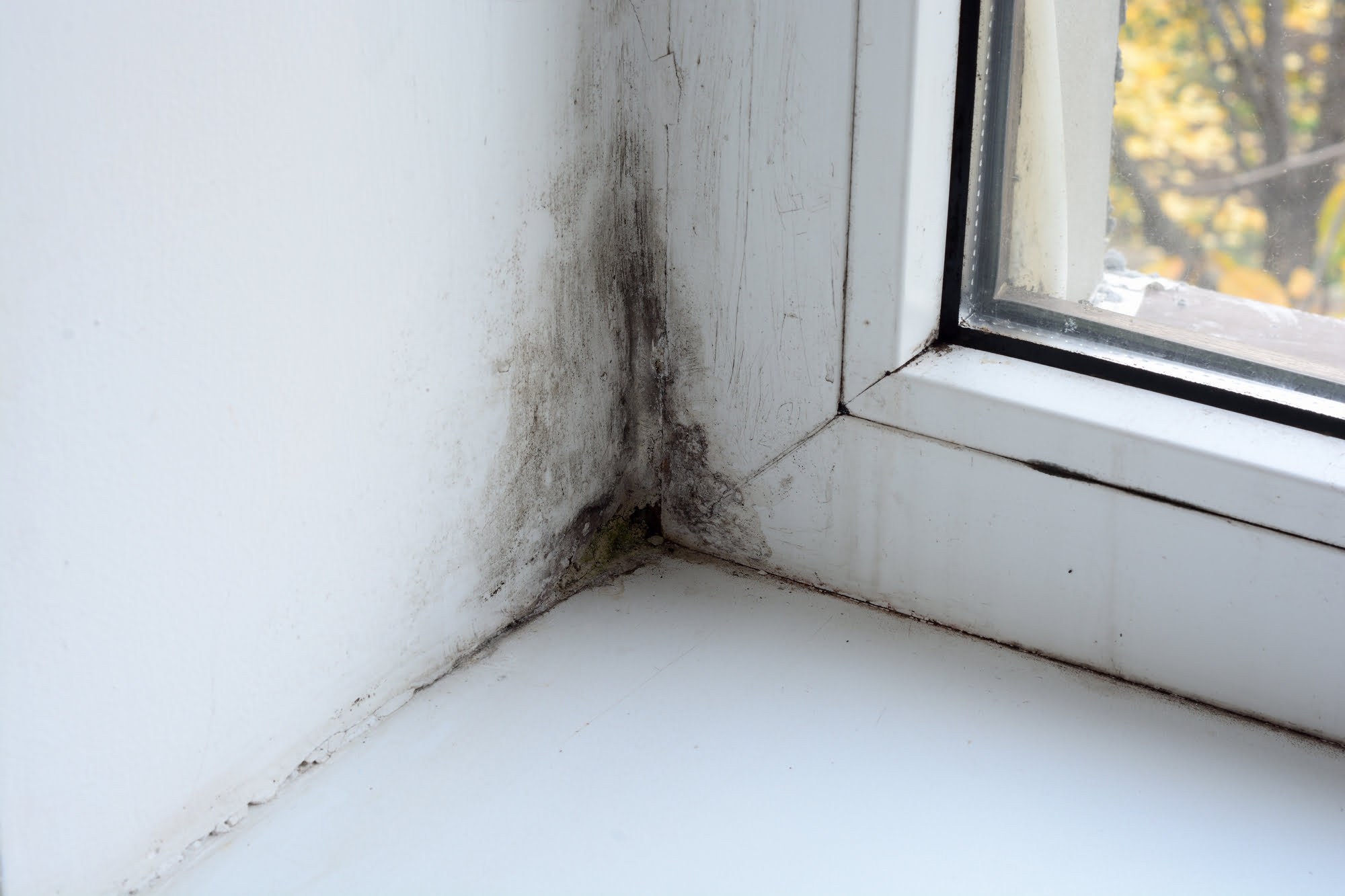Mold in your home is not just a cosmetic issue; it can pose serious health risks to you and your family. From respiratory problems to skin irritation, exposure to mold can lead to various health issues that may worsen over time if not addressed promptly.
In this article, we will discuss the potential health risks associated with mold infestations in homes and provide safety tips to help you identify, prevent, and remove mold effectively. By understanding the importance of addressing mold issues in your living space, you can create a healthier environment for yourself and your loved ones.
Understanding the Health Risks of Mold in Your Home

Understanding the health risks of mold in your home is crucial for the well-being of you and your family. Mold exposure can lead to a variety of health issues, ranging from mild symptoms such as nasal congestion and coughing to more serious concerns like respiratory problems and allergic reactions.
In some cases, prolonged exposure to mold can even result in long-term health issues. Therefore, it is important to be aware of the signs of mold in your home and take proactive measures to prevent and address any mold growth. By staying informed and taking necessary precautions, you can help ensure a healthy living environment for yourself and your loved ones.
Recognizing the Signs of Mold Contamination

Recognizing the signs of mold contamination is essential for maintaining a safe and healthy home environment. One key indicator is a musty or earthy smell, which often accompanies mold growth. You may also notice visible signs of mold, such as black or green patches on walls, ceilings, or floors.
Additionally, mold contamination can cause a variety of health issues, including respiratory problems, allergic reactions, and even neurological symptoms. If you suspect mold in your home, its important to take action promptly to address the issue and prevent further health risks.
Risks of Mold Exposure on Respiratory Health

Exposure to mold in your home can have severe impacts on your respiratory health. Mold spores can easily become airborne and be inhaled into the lungs, leading to a range of respiratory issues such as wheezing, coughing, throat irritation, and exacerbation of asthma symptoms. Prolonged exposure to mold can even increase the risk of developing respiratory infections and other serious health conditions.
It is important to take steps to prevent mold growth in your home and address any existing mold issues promptly to protect your respiratory health. Regularly inspecting and maintaining your home, as well as keeping indoor humidity levels low, can help reduce the risks associated with mold exposure.
Conclusion
In conclusion, mold in your home poses serious health risks and it is crucial to take proactive steps in preventing and addressing mold growth. By staying vigilant for signs of mold, maintaining proper ventilation and humidity levels, and addressing any water leaks promptly, you can help safeguard your familys health and well-being.
If you suspect mold growth in your home, it is important to contact a professional mold inspection service like Mold Inspection Tampa to assess the situation and provide appropriate solutions. Remember, mold may be hidden from plain sight, so early detection and intervention are key in creating a safe and healthy living environment for you and your loved ones.


